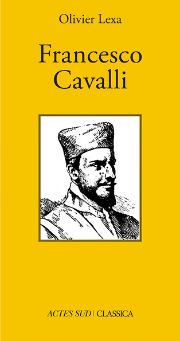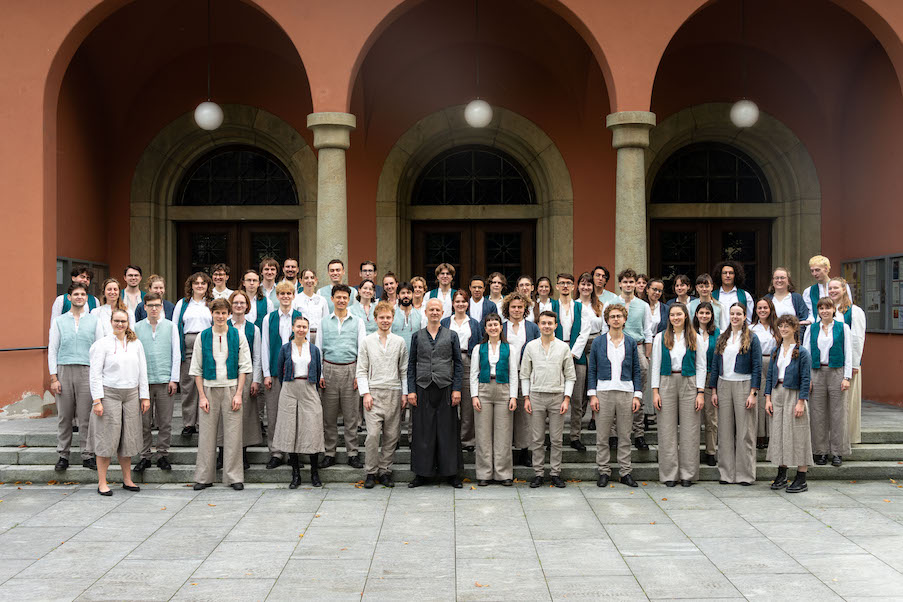A master of Seicento opera
Part of a series of biographies of composers published by Actes Sud, Olivier Lexa's book accurately situates the life and work of Francesco Cavalli (1602-1676) in their political, social and artistic context.

Born into a poor family, the man who was to become the most popular Italian composer of his time took the surname of the Venetian nobleman who, charmed by the quality of his voice, gave him protection and affection from his early teens. He began his musical career as a singer and later as organist at the Basilica of San Marco, where he was appointed choirmaster in 1668.
But the bulk of his musical activity was devoted to his 33 operas, most of which were created in Venice, where the first theater dedicated to musical performances outside a court context, the San Cassiano, opened in 1637. Cavalli immediately founded a new opera company, which began work on its first operatic work in 1639. His success was immediate, and for some thirty years Cavalli dominated Venetian opera production, temporarily demonstrating his managerial talents at a time when all the burdens rested on the shoulders of the impresario. In this economic model, the public imposed its tastes, hence the proliferation of burlesque situations, even in tragedies, and of arias to the detriment of recitatives. However, he soon abandoned his position as impresario to concentrate on composing, producing and directing his own operas, for which he ran a veritable workshop of copyists. Preferring the coherence of the theatrical action to vocal virtuosity or the too-clear division between aria and recitative, his music shows great fluidity, moving from recitar cantando to arioso and aria with perfect naturalness.
Olivier Lexa succinctly narrates the plots of the operas and describes the intellectual milieu in which their excellent librettists were immersed (accademy, influence of the Spanish Comedia nueva, etc.). In 1662, the sumptuous premiere ofErcole Amante in Paris marked a turning point in Cavalli's career, whose last years were more gloomy, even though his operas were often revived in many cities. Venice preferred composers who favored virtuosity over sentiment and depth.
This biography crowns the rediscovery of a genius who had been forgotten for too long, not least because of the difficulties common to Seicento operas: deciphering often incomplete scores, reconstituting orchestral material and a plethora of roles.
Olivier Lexa, Francesco Cavalli, 256 p., € 18.00, Actes Sud, Paris 2014, ISBN 978-2-330-03460-3









